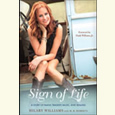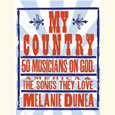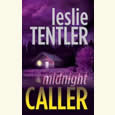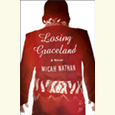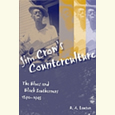Sign of Life: A Story of Family, Tragedy, Music, and Healing
Da Capo Press
256 pages
$24
“In 2006, Hilary Williams, the 27-year-old daughter of Hank Williams Jr., and the granddaughter of country icon Hank Williams, was driving to her maternal grandfather’s funeral in Louisiana, when she and her younger sister, Holly, were in a terrible car crash along legendary Highway 61. Williams recalls the details of the moment that she reached down to change a song on her iPod—Patty Griffin’s ‘Tony,’ about a suicidal gay man—when their Toyota 4Runner skidded across the road and flipped over. Her sister was banged up, but Williams suffered the most severe damage: broken legs, ankle, back, collarbone, tailbone, pelvis, ribs as well as shattered hips. Worse, her heart stopped briefly before she could be revived again. This inspirational and sweetly written memoir recounts her many surgeries and her determination to get better. Although Williams also discusses the careers of her famous relatives, the brunt of the book is devoted to her long and arduous rehabilitation, and her triumphant return to the stage. Country-music fans will especially find it appealing.”
—Booklist
